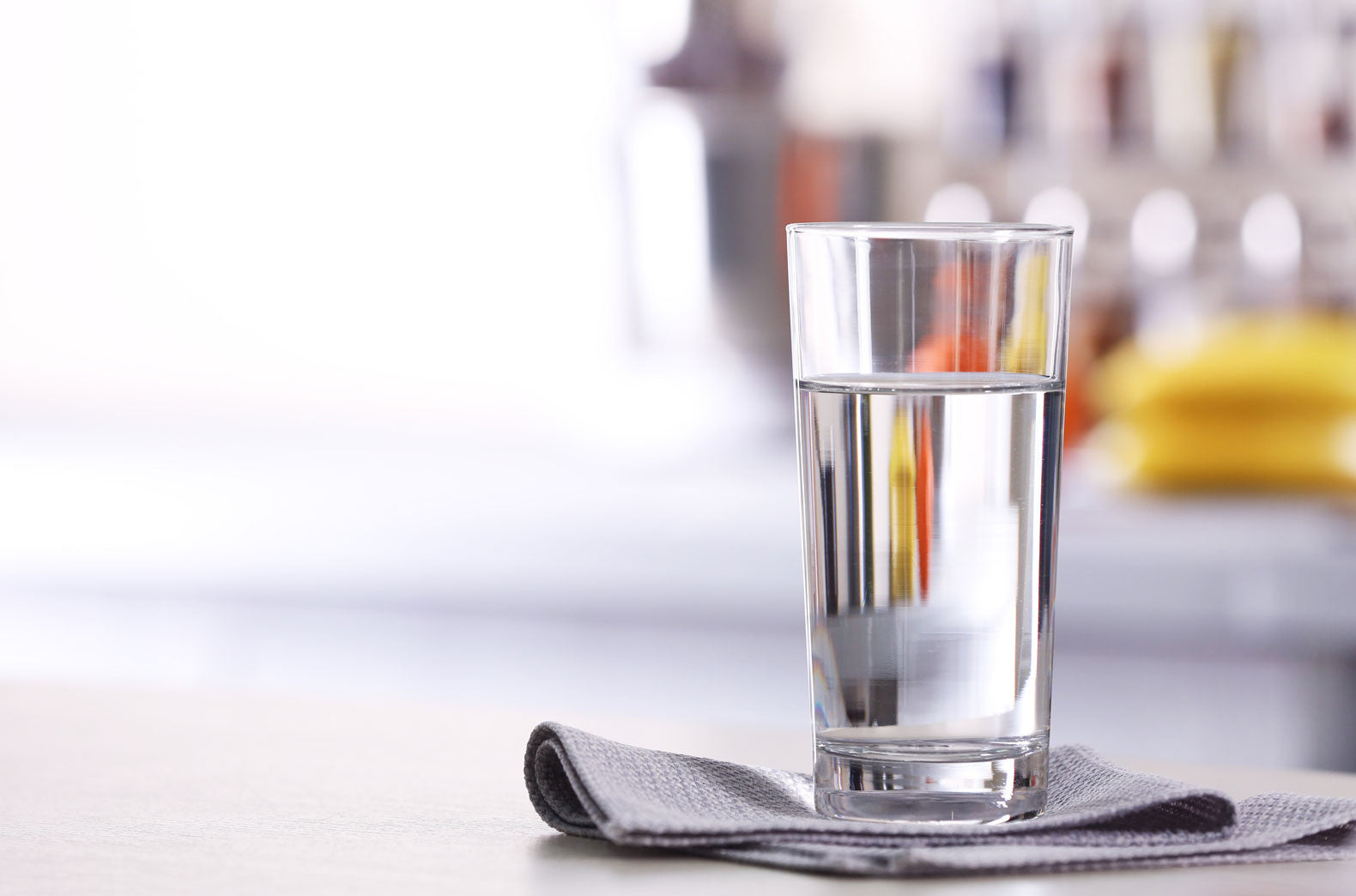Liver Detox

by: Max Dubinsky
Your liver has its own natural detox system — the liver and kidneys were designed to process chemicals and rid toxins from your body in the form of sweat and urine. A relatively healthy diet, low on fats, caffeine and alcohol, along with a regular exercise routine, helps support this process immensely.
But sometimes our bodies need a little help from us. Signs of a sluggish liver often include headaches, digestive disturbances, and constipation. Because the fats, starches, and oils found in the average American diet may inhibit your liver from breaking down toxins and often hurt the liver’s natural process, your doctor might recommend a liver detoxification diet and can tell you which detox diet is right for you.
Your new regimen will likely involve ditching foods like sugar, caffeine and alcohol, and you’ll want to add more organic foods, especially fruits and vegetables, and drink an abundance of water. When introducing new foods and beverages into your diet, go slowly to give your body time to adjust.
Love your liver: It's the only one you’ve got
Think of your liver as a washing machine. All the other organs in your body take their dirty laundry to your liver to get it cleaned because it’s the only laundromat in town.
The liver ultimately performs over 400 bodily functions, taking in and funneling out the toxins produced by other organs. The liver is an enormous storage unit. Not only does it break down proteins, aid in the clotting process, and remove damaged blood cells, it also houses an abundance of your energy, iron, and daily vitamins.
So, if you’re taking poor care of your liver by drinking alcohol, eating processed foods, smoking, and not exercising, you might frequently feel tired, sick, and cranky. All those toxins being funneled to your liver by other organs are still hanging around. Your liver can't do it all on its own; it needs a little help from you.
Detox benefits
Detox diets and natural body cleanses help eliminate toxins from your body, but, again, it is a natural process. Things like patches and footbaths and water-only diets aren’t going to do the trick. What you need to achieve permanent detox benefits is a good, healthy change in lifestyle. Wondering where to start? Here are a few places:
- Give up that latte today and start drinking decaffeinated tea.
- Exercise: Get the blood flowing a little faster to the liver so more toxins can be carried out.
- Cut out that daily dose of chocolate, and treat yourself just once a week. Forget sugar.
The natural detoxification process, in conjunction with your healthier lifestyle choices, comes with the benefits of fewer illnesses, more energy, and a better sense of well-being.
Will a liver detox diet lead to weight loss?
Weight loss that occurs while on a detox diet is often from muscle loss or fluid excretion, rather than actual toxins leaving the body. Liver detox requires a degree of fasting and, over time, fasting decreases your metabolism. Weight is often rapidly regained once you go off a detox diet.
Words of caution
Again, remember that it’s always best to consult your physician before undertaking any new diet or exercise regimen. It is especially important that you do not go on a detox diet if you are pregnant or breastfeeding, have diabetes or low blood sugar or have any preexisting eating disorders. Instead, talk to your doctor about other ways to keep your liver healthy.
Though some people are convinced that liver detox diets work, there is only minimal scientific support for their benefits. Symptoms in your body may improve while on a liver detox diet, or any detox diet for that matter. Often, this is merely the result of the change in eating habits and what is not consumed while on these diets, rather than the excretion of toxins.
Next steps
Here are a few steps you can take to reduce the inhalation and consumption of toxins in your everyday environment:
- Check your air filters for proper, cleaner ventilation.
- Drink only filtered water.
- Purchase environmentally friendly cleaning products.
- Replace non organic foods with organic foods as often as possible.
- Consume vitamins and supplements that aid digestion.
Also in Blog

Body Peace & Personal Empowerment

Yoga for Swimmers: Poses for Strength and Mobility

